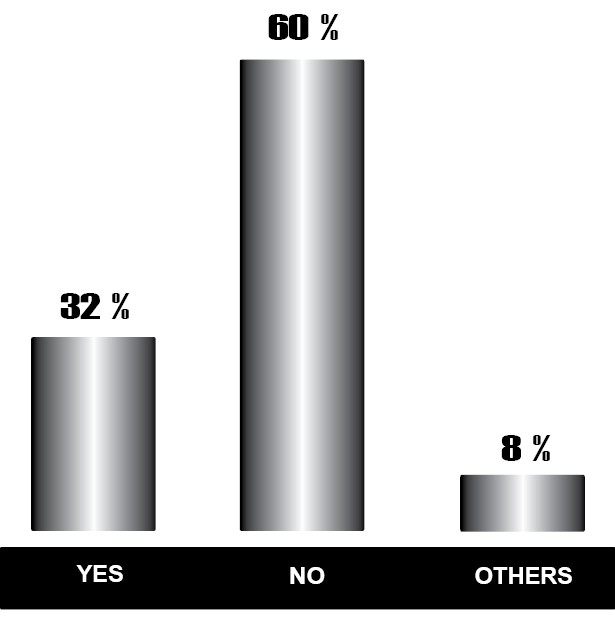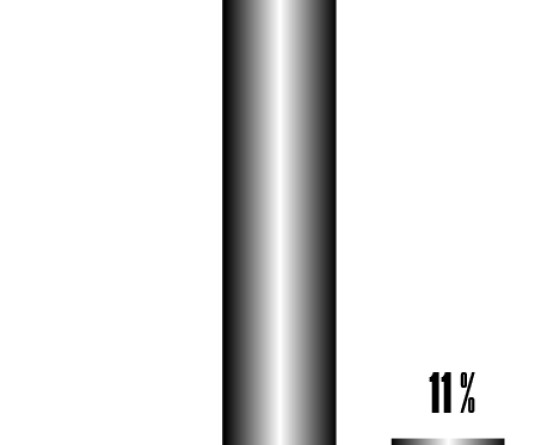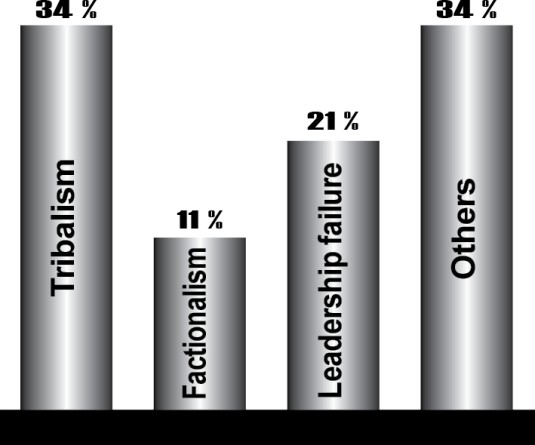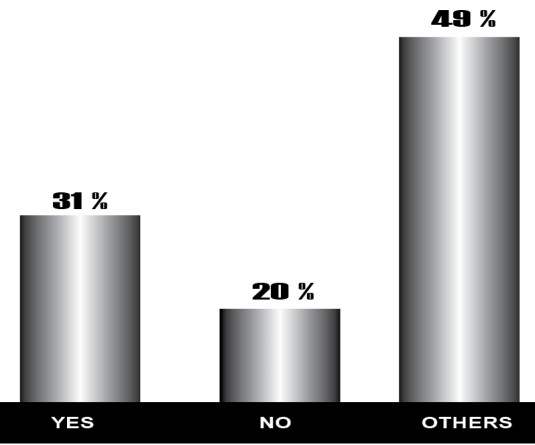
Yes:
• Politics is antithetical to civil society
• They have power to amend the law to include in the book of Naga customary law, but in the formation of any organization we should have tribal or household members election to include in the book of Naga history, whether to use or not to use of any organisation
• Yes, it is healthy as long as politicians do not play dirty politics and the tribal and civil leaders stands strong on their own foot and not become a rubber stamp.
No:
• No. The involvement of politicians show how the government is trying to control everything. This is undemocratic.
• CSOs will become a rubber stamp and puppets of the politicians automatically. Rather the respective tribal body officials should initiate and needful formation of such a body.
• Sadly most politician are self centred and self exiting, whatever they do they do it for their own benefits. That is why there is political and civil society, it is a civil society duty to correct the politician. Not for politician to rule over or influence civil society organisation. Once the politician comes into civil society it cannot longer be recognised as civil society organisation but a political wing of the political leaders.
• To let the citizens alone realise the importance of formation of these groups alone, and also let them learn from their human experience without the help of any influential person and to let them gain popularity on their own, not by any influencer
• No. This is not healthy for any society. Why should the government be involved in forming tribal apex body of Nagaland.
• No. This is not a healthy sign. Why should the government and politicians get involved in forming tribal organisations. This proves they want to control everything.
• State building among the Nagas has proven unsuccessful, primarily due to tribal politics and a lack of a unified societal goal. It is imperative for everyone to actively contribute to the processes of nation and state building. While nation building carries significant emotional investment toward a common societal objective, state building focuses on establishing institutions to realize the state's goals. Consequently, while nation building defines the 'whys' of societal existence, state building outlines the 'hows' to achieve those goals. Cultivating a teleological spirit – towards a grand societal end - within every member of society is crucial for attaining these objectives. The democratic appropriateness of a government official spearheading such initiatives is commendable, yet it highlights two issues: first, the failure of the people to actively participate in nation building, and second, the state government's shortcomings in state building. While the government's intentions may be noble, allowing a government official to lead such efforts risks contaminating the political process geared towards social and political ends. If the government is unable to contribute effectively to the processes of state and nation building through its existing institutions and political capacity, it should reconsider its existence. Entrusting the process of nation building to the people is more organic, genuine, and likely to endure. The top-down approach of the government to nation building reflects an authoritarian tendency, undermining the essence of the people's spirit (self-agency and freedom from state coercion). The government's role should be limited to facilitating connectivity among people by constructing roads, enhancing communication, and promoting education to foster unity and the capacity building of citizens.
• This would politicise social harmony because tribal hohos or civil society are mean to uphold unity, integrity and harmony and check the politicians from disrupting social harmony for political gains so on & so forth.
• It defeats the very definition of Non-Governmental Organization. When NTC is there why form another, is it because democratically elected politicians were not involved or envisioned about. We should not have parallel tribal council/society/ organization for Nagas of Nagaland.
• The government should focus on Governance of the state, and the CSO being an independent entity, should be left alone to determine its own course without the intervention of the Government.
• Civil society organization is a pressure group.
• Because others are also as important as everyone and other people can take action on the government too.
• Because there are good likeminded people who want to make our society better without being interrupted by dirty politicians. . Also anything that involve naga politicians so far we have seen hasn't been positive.
• In today's politics, which is to divide the society to take control. The Politicians want total control over the society. This we can see that what laws they want to pass, the pubic are not informed or asked for their views. Can anyone remember when the public was last consulted? Is not the law that say the public must be informed and their thoughts are to be invited? By setting up a parallel civil society they want to undermine the current civil society chosen by the people.
Others:
• Let us not blame the politicians because they will do anything to remain in control. We must blame our tribal hohos and civil society because they are the ones who capitulated to the politicians and governments. If our hoho leaders were strong people of integrity and principle, the government will respect them. But now, they are mere puppets of the government.
• This question is not relevant because even the present tribal organisations are pawns of politicians. It is hilarious that governments and politicians lobby to get their candidate to top positions of tribal and civil society organisations.






